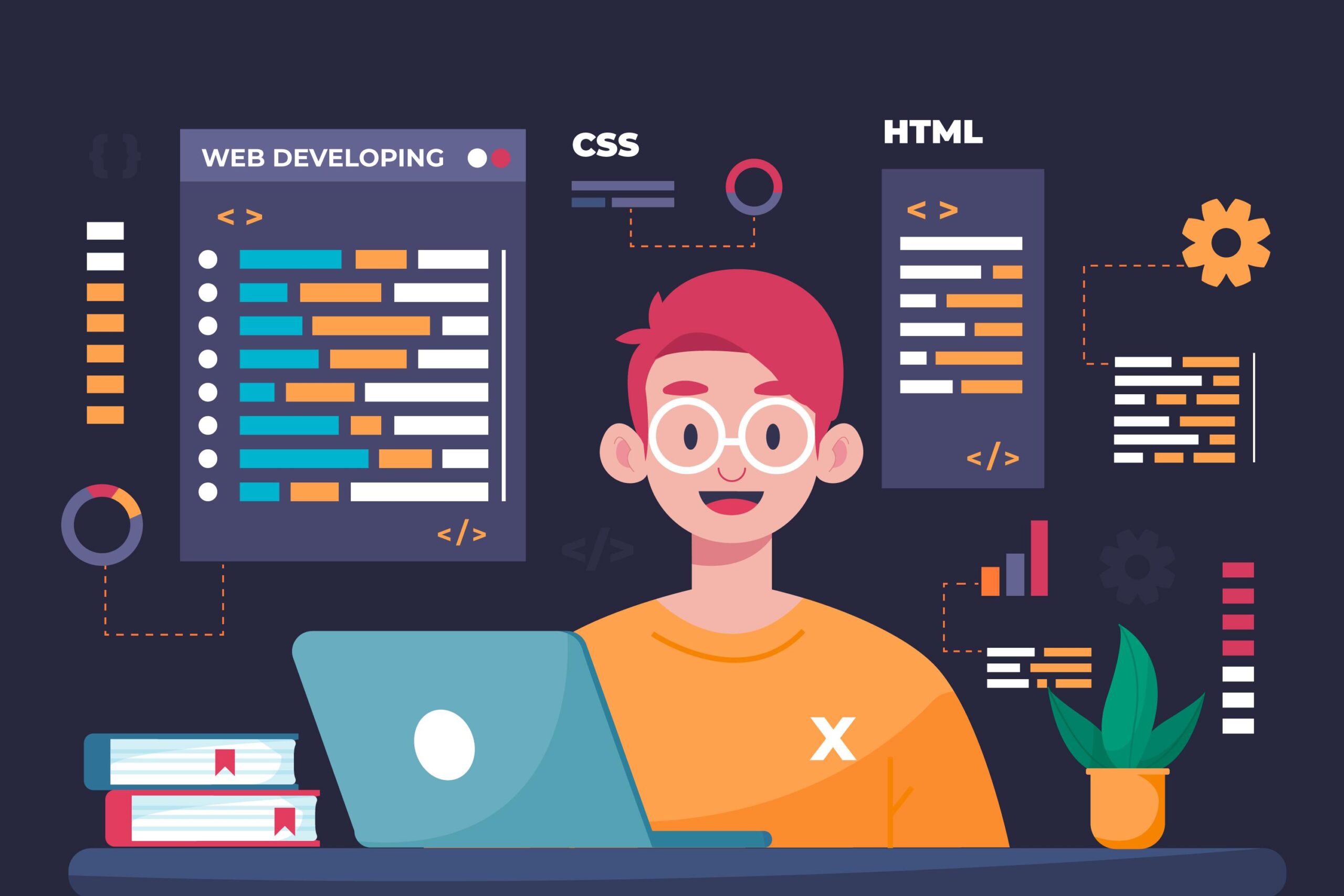Introduction
Running a small business presents unique problems, like managing time, money, and growth while remaining competitive. This is where artificial intelligence (AI) comes in, providing tools that streamline procedures, boost productivity, and magnify outcomes.
If you’ve been wondering how to boost your productivity without breaking the wallet, you’re in luck. In this article, we’ll look at the top 15 AI tools for small businesses that are changing the way entrepreneurs work. These solutions can automate consumer interactions and streamline marketing campaigns to meet all of your needs. Let’s look at how they can help your firm gain a competitive advantage!
Why Do Small Businesses Need AI Tools?
AI tools are no longer a luxury; they are essential for growth and efficiency. Here’s why.
- Save time: By automating repetitive processes and focusing on core activities.
- Improve Accuracy: Reduce errors in data management, communication, and analytics.
- Boost Revenue: Optimise marketing methods to increase ROI.
- Gain insights: Use data analytics to make more informed decisions.
According to a recent Salesforce report, 77% of small business owners believe AI saves them time, with 68% saying it gives them a competitive advantage.
Want to learn how AI can transform your business? Click here to explore more and unlock your growth potential with AI solutions!
15 Best AI Tools for Small Businesses
1. ChatGPT – Content Creation and Customer Support
ChatGPT is a conversational AI tool that excels at generating content and automating customer support.
- Use Case: Write blog posts, answer FAQs, and create social media captions.
- Why It’s Great: Offers high-quality, human-like responses.
- Cost: A free version is available, with affordable paid plans for advanced features.
2. Grammarly – Perfect Your Writing
Grammarly uses AI to polish your content, ensuring clarity and professionalism.
- Use Case: Edit emails, blog posts, and proposals.
- Why It’s Great: Saves time and improves communication quality.
- Cost: Free version available; premium plans start at £9.60/month.
3. Hootsuite – Social Media Management
Hootsuite uses AI to optimise your social media strategy.
- Use Case: Schedule posts, track engagement, and generate content ideas.
- Why It’s Great: Simplifies social media workflows.
- Cost: Free trial; plans start at £39/month.
4. Jasper AI – Copywriting Made Easy
Jasper AI specialises in generating persuasive and SEO-friendly content.
- Use Case: Write website copy, ads, and product descriptions.
- Why It’s Great: Produces professional results in minutes.
- Cost: Starts at £29/month.
5. HubSpot – All-in-One CRM and Marketing Solution
HubSpot integrates AI to help small businesses manage customers, automate emails, and analyse performance.
- Use Case: Run targeted marketing campaigns and track leads.
- Why It’s Great: User-friendly interface and scalable solutions.
- Cost: Free tools available; premium plans start at £38/month.
6. QuickBooks – Smart Financial Management
QuickBooks employs AI to simplify bookkeeping and accounting for small businesses.
- Use Case: Track expenses, manage invoices, and forecast cash flow.
- Why It’s Great: Saves time while maintaining financial accuracy.
- Cost: Starts at £12/month.
7. Canva Pro – Design Like a Pro
Canva Pro, powered by AI, makes creating stunning visuals effortlessly.
- Use Case: Design social media graphics, presentations, and marketing materials.
- Why It’s Great: No design skills required.
- Cost: Free tier available; Pro starts at £10.99/month.
8. Mailchimp – AI-Powered Email Marketing
Mailchimp leverages AI to optimise email campaigns for higher engagement.
- Use Case: Create and automate email newsletters.
- Why It’s Great: Includes audience segmentation and analytics tools.
- Cost: Free plan available; paid plans start at £9.60/month.
9. Semrush – SEO and Digital Marketing Analytics
Semrush is an AI-driven platform for improving your online visibility.
- Use Case: Conduct keyword research, analyse competitors, and track rankings.
- Why It’s Great: Essential for any small business’s SEO strategy.
- Cost: Free tools available; premium plans start at £99.95/month.
10. Zapier – Workflow Automation
Zapier connects apps and automates workflows, saving hours of manual work.
- Use Case: Automate data entry, notifications, and integrations.
- Why It’s Great: No coding required.
- Cost: Free tier available; paid plans start at £15/month.
11. Zoho CRM – Customer Relationship Management
Zoho CRM uses AI to improve sales and customer interactions.
- Use Case: Automate follow-ups, prioritise leads, and personalise communications.
- Why It’s Great: Affordable and customisable for small businesses.
- Cost: Free trial; paid plans start at £10/month.
12. Otter.ai – Meeting Transcriptions and Notes
Otter.ai uses AI to transcribe meetings and generate summaries.
- Use Case: Record and organise meeting notes effortlessly.
- Why It’s Great: Saves time and ensures accuracy.
- Cost: Free tier available; Pro starts at £8/month.
13. Pipedrive – Smart Sales CRM
Pipedrive employs AI to help businesses close deals faster.
- Use Case: Track leads, automate sales tasks, and analyse performance.
- Why It’s Great: Simple interface with powerful features.
- Cost: Plans start at £11.90/month.
14. Adobe Sensei – AI for Creative Professionals
Adobe Sensei uses AI to enhance design tools in Adobe’s Creative Cloud.
- Use Case: Improve photo editing, video production, and graphic design.
- Why It’s Great: Increases creativity while reducing manual effort.
- Cost: Part of Adobe Creative Cloud; pricing varies.
15. Tableau – Advanced Data Visualisation
Tableau leverages AI to turn complex data into actionable insights.
- Use Case: Create interactive dashboards and reports.
- Why It’s Great: Intuitive and highly customisable.
- Cost: Free trial; pricing on request.
Tips for Maximising AI Tools
- Begin small: Try free versions before committing to paid subscriptions.
- Stay updated: Regularly look into new features and integrations.
- Train Your Team: Make sure everyone understands how to use the tools efficiently.
- Measure Impact: Monitor outcomes to determine ROI and change methods.
Conclusion
Integrating AI tools for small businesses is no longer an option; it is required for growth and remaining competitive. The technologies described above can help you automate processes, optimise marketing efforts, and streamline operations.
Begin with a few tools that correspond with your objectives, then progressively build your tech stack. With the correct AI tools, your small firm can accomplish significant outcomes. It’s time to face the future of work; are you prepared?
Frequently Asked Questions
The finest artificial intelligence for a small business is primarily determined by the aspects of the firm you want to streamline or expand. However, one of the most versatile and significant AI solutions for small businesses today is OpenAI’s ChatGPT. It can manage customer support, content production, basic coding, research, and even writing marketing copy. Other popular solutions include Jasper for AI-powered content creation, Zoho Zia for intelligent CRM support, and Pictory for rapid marketing films.
The best AI for small firms with limited tech experience and funds is one that is simple to use, low-cost, and integrates seamlessly with existing systems. The appropriate AI can save hours of tedious effort, increase marketing production, and even provide insights for more informed decision-making.
Yes, many tools provide free versions or flexible pricing options for small enterprises.
Identify your specific requirements—such as marketing, customer management, or financial tracking—and select a product to meet them.
No! Most AI solutions are intended to be user-friendly, requiring little to no technical knowledge.
AI tools improve productivity, but they do not replace human creativity or decision-making.
If you want to create a business plan, LivePlan is one of the greatest AI-powered solutions for small enterprises. It walks you through the planning process with smart suggestions, adjustable templates, and AI-powered financial predictions.
Another viable solution is to use ChatGPT alongside spreadsheets and templates. You may swiftly turn fragmented ideas into a refined strategy by having ChatGPT compose sections such as the executive summary, market analysis, and SWOT. AI-powered writing tools like Jasper can also help you create appealing corporate tales and vision statements.
Yes, ChatGPT can help you write a business plan. While it cannot generate financial statements automatically, it can write well-structured prose for all sections of a business plan, including company descriptions, market research summaries, marketing strategies, and operational plans.
Simply give ChatGPT critical information about your company – goals, target market, rivals, and products or services, and it will convert your notes into professional paragraphs. However, you should always evaluate and modify its output to ensure that the final plan fits your own business strategy and meets any funding needs.
AI can help small businesses in various ways, and you don’t have to be a tech whiz to get started. Here are some practical applications:
Customer Service: AI chatbots, such as ChatGPT or Tidio, can manage FAQs, bookings, and assistance around the clock.
Marketing: Tools like Jasper, Copy.ai, and Pictory may help you create blogs, social media postings, and promotional films in minutes.
Sales and CRM: AI-powered CRMs, such as HubSpot and Zoho Zia, may automate lead nurturing and give customer insights.
Data Analysis: Artificial intelligence tools can evaluate sales data, identify trends, and make forecasts to help businesses make decisions.
Admin tasks: Use AI integrations to automate invoices, scheduling, and stock management.
Recruitment: AI CV scanners and interview aides enable small teams to hire smarter and faster.
Small firms can utilise AI to make money in two ways: by lowering expenses and generating new revenue.
- Save time and money: By automating repetitive operations such as emails, invoicing, and customer queries, you to focus on growth.
- Improve Marketing ROI: Use AI to produce captivating ad copy, build SEO-optimised blogs, or run targeted campaigns to attract new customers.
- Sell AI-Enhanced Products or Services: Some companies employ AI to provide new services, such as tailored product suggestions, custom chatbots, or AI-generated content for customers.
- Better Decision-Making: AI can detect patterns and trends that you may overlook, allowing you to invest in the appropriate areas and prevent costly mistakes.
By freeing up your time and making your operations more efficient, AI can directly boost your profits and competitiveness, all without needing a big team or huge budget.





